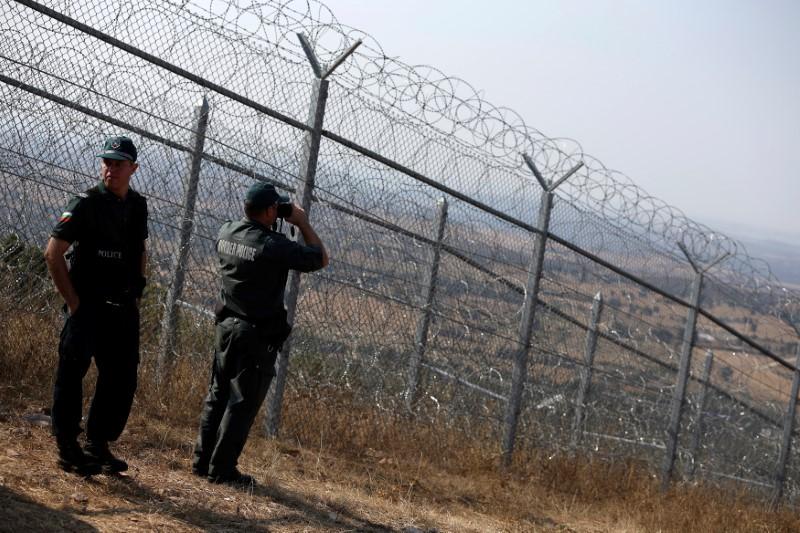LONDON—Bulgaria is the latest European country to reject the U.N. migrant pact that’s already been shunned by the United States.
Since the migrant crisis in 2015, European countries have tightened immigration and are rehashing EU-wide policies.


LONDON—Bulgaria is the latest European country to reject the U.N. migrant pact that’s already been shunned by the United States.
Since the migrant crisis in 2015, European countries have tightened immigration and are rehashing EU-wide policies.